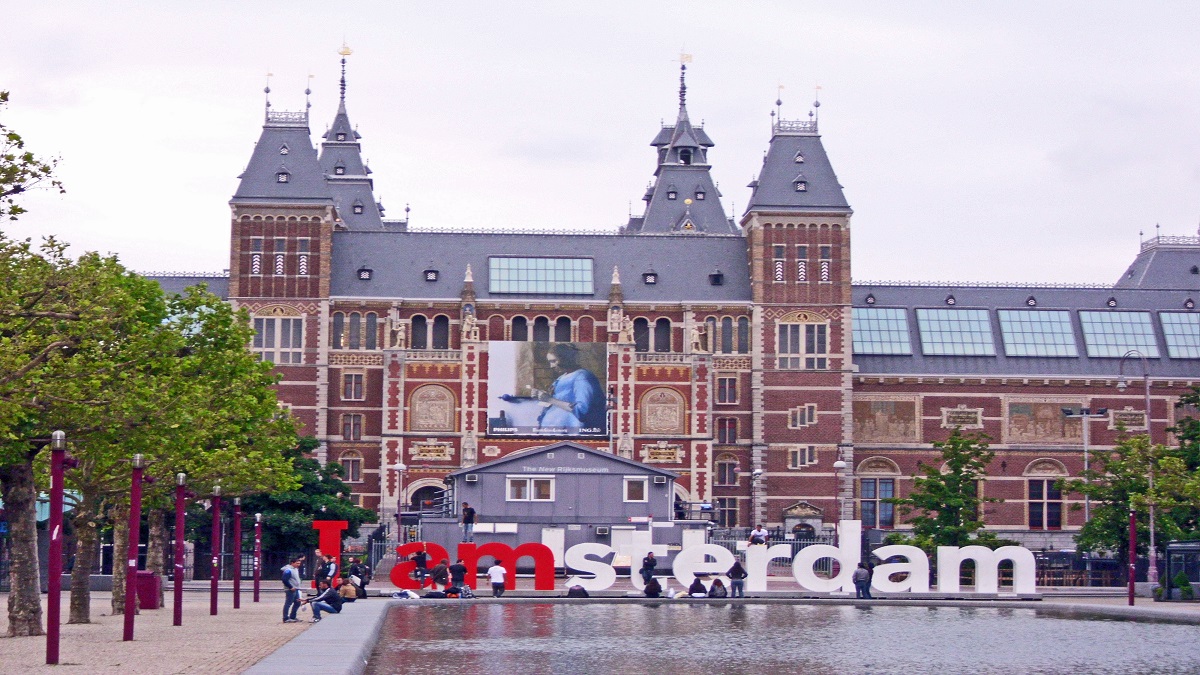
Faculty/Services: Faculty of Social and Behavioural Sciences
Educational level: Promoted
Function type: Academic Staff
Closing date: 2 September 2022
Vacancy number: 9746
Are you interested in the study of trust, distrust and the taken-for-granted assumptions in which (dis)trust is rooted? Would you like to investigate the roots of (dis)trust in contexts of health and social care?
The Department of Sociology at the University of Amsterdam is looking for a postdoctoral researcher who will work within the research project Excavating the roots of (dis)trust, led by Patrick Brown.
What are you going to do
The starting point for this research is an understanding that a great deal of our (not) ‘knowing’ in unfolding processes of trust and/or distrust remains highly implicit.
In this sense the study is therefore intended to problematise current trust research – which largely neglects what lies beneath the surface – by excavating and exploring the taken-for-granted assumptions regarding people and systems in which trust is rooted. In this exploration, we would ask questions such as: What do these roots look like and what are their unexpected asymmetric features? How do they develop over time amid particular taken-for-granted social ‘imaginaries’ or ‘lifeworlds’ and how, in turn, do processes underpinning trust shape and recast these lifeworlds, as they develop and become tangled up amid the implicit and explicit understandings of others?
Tasks
Working with, and building upon existing and current work by the principal researcher, you will co-design and then undertake a qualitative/ethnographic study into emerging processes of (dis)trust in a healthcare context. This could relate to individuals’ or families’ trust amid (public) health interventions, or it could focus on health/social care professionals and their (dis)engagement with novel technologies (which could include, for example, decision-support algorithms, and/or artificial intelligence technologies). The specific direction of the data collection can, in these senses, relate to your own existing interests and expertise.
Besides conducting research, you will be teaching for 20% of your time. We place great value upon quality teaching and are keen to give you experience and possibilities to develop your teaching, thesis supervision and pedagogic skills.
What do you have to offer
You have:
- a PhD degree in sociology or related discipline (anthropology, human geography, etc.). The degree must have been obtained by 1st Oct 2022;
- a record (appropriate to career stage) of publications that demonstrates the ability to conduct research which is internationally recognized as contributing to the field;
- expertise/interest in doing qualitative/ethnographic research in health/social care contexts;
- an extensive grasp of the trust literature, especially as it relates to healthcare;
- affinity with and some experience in teaching;
- good organizational and communication skills;
- excellent proficiency in spoken and written English.
You are:
- creative and innovative in your work;
- intellectually curious and eager to learn;
- able and willing to work both independently and collaboratively.
What can we offer you
We offer a temporary full-time contract of 38 hours per week (1,0 fte) for a period of two years with a probation period of two months. The intended starting date is 1 October 2022, or shortly thereafter.
The gross monthly salary based on full-time employment (38 hours per week) ranges from €3.974 to €5,439 gross per month. This is exclusive 8% holiday allowance and 8,3% end-of-year bonus. The starting salary will be based on qualifications, expertise and relevant experience. The profile ‘researcher 3’ is applicable in accordance with the Collective Labour Agreement of Dutch Universities.
The UvA offers excellent possibilities for further professional development and education. The postdoctoral researcher will be embedded in the research programme group ‘Political Sociology’ at the Department of Sociology. We offer an inspiring academic and international working environment in the heart of Amsterdam.
What else do we offer
- a position in which initiative and input are highly valued;
- an enthusiastic and warm team that is open to new colleagues;
- an inspiring academic and international working environment in the heart of Amsterdam.
About us
The University of Amsterdam is the largest university in the Netherlands, with the broadest spectrum of degree programmes. It is an intellectual hub with 39,000 students, 6,000 employees and 3,000 doctoral students who are all committed to a culture of inquiring minds.
A challenging work environment with a variety of duties and ample scope for individual initiative and development within an inspiring organization. The social and behavioral sciences play a leading role in addressing the major societal challenges faced by the world, the Netherlands and Amsterdam, now and in the future.
Want to know more about our organisation? Read more about working at the University of Amsterdam.
Questions
Do you have any questions or do you require additional information? Please contact:
- Patrick Brown, Associate Professor in Sociology, [email protected] ,
T: +31 6 5540 9437.
Job Application
Do you recognize yourself in the job profile? Then we look forward to receiving your application consisting in the following documents bundled in one single .pdf by Friday 2 September 2022:
- your letter of motivation for the position, where you should include some provisional ideas about the direction you would like to go in the research (2 pages max.);
- your Curriculum Vitae (including a list of education and academic qualifications, earlier positions, research and teaching experience, a list of publications and conference presentations, and other relevant qualifications and experience);
- a scan of your PhD certificate;
- contact information for two academic references (no letters of recommendation at this stage).
The UvA is an equal-opportunity employer. We prioritise diversity and are committed to creating an inclusive environment for everyone. We value a spirit of enquiry and perseverance, provide the space to keep asking questions, and promote a culture of curiosity and creativity.
No agencies please
If an ‘Error GBB451’ occurs, please click here for more information and help.





